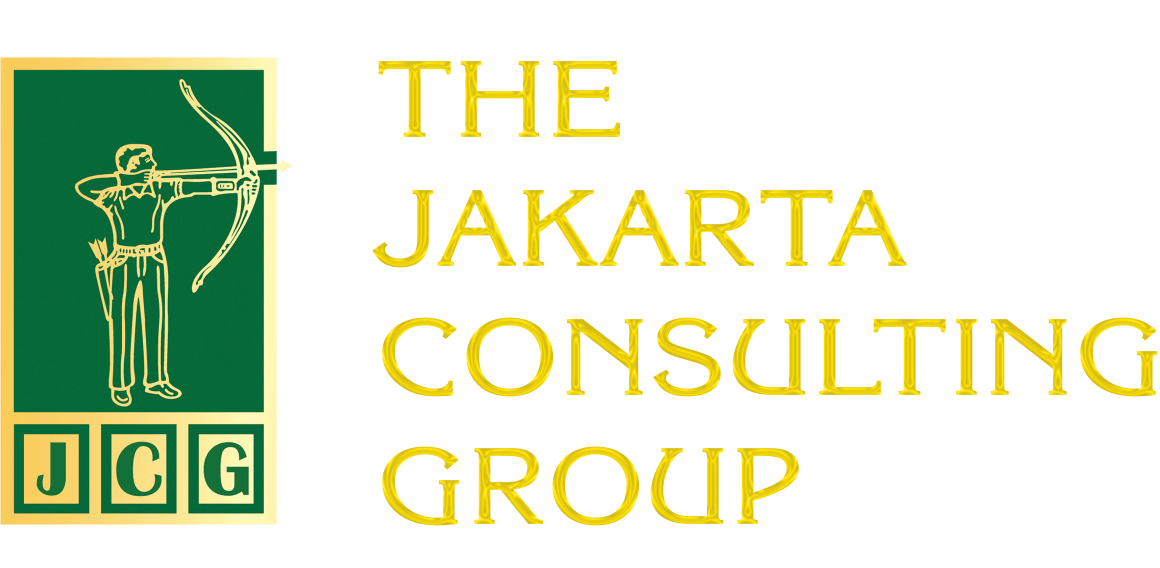In the midst of a chaotic job fair that was accused of being a mere formality, a classic debate arose: should employees expect a salary of 15 million Rupiah? Some consider this expectation too high and unrealistic, while others argue that this figure is a decent standard of living amidst the soaring cost of living. So, is 15 million Rupiah just an illusion or a reflection of real needs in the midst of an economy that has not yet recovered? This issue has come under sharp scrutiny, especially when #IndonesiaGelap is no longer just a hashtag, but a reflection of the unrest of the working generation.
For some people, a salary of 15 million Rupiah for a fresh graduate seems like wishful thinking, even unreasonable. However, for workers in big cities like Jakarta, Surabaya, or Denpasar, this figure could be the minimum requirement for a decent life.
BPS data (2023) shows that the average monthly expenditure of a household in Jakarta reaches 9-11 million Rupiah. With family responsibilities, savings, insurance, and investments, a 15 Rupiah million salary for an employee is not a luxury, but a basic necessity. Of course, this is debatable. But in the context of #IndonesiaGelap, where economic inequality and income stagnation are still a daily reality, this discourse triggers big questions about the fairness and alignment of the system.
Many New Graduates, Are They Ready to Work?

Every year, millions of people graduate from education, both formal and informal. The supply of labor should be abundant. Ironically, many companies complain that it is difficult to find competent candidates. The problem is not just numbers, but the skills gap.
A World Bank study (2022) revealed the high skill mismatch in Indonesia. Many graduates lack practical competencies such as critical thinking, business communication or digital literacy. As a result, despite wide open vacancies, companies find it difficult to find candidates who meet the standards. On the other hand, qualified workers demand high salaries – and this is where the conflict arises between the expectation of 15 million Rupiah and the reality of national wages. This situation shows another face of #IndonesiaGelap, when the demographic bonus fails to be optimally utilized.
The Wage Gap
Companies also face another problem. Difficult economic conditions have reduced purchasing power. Indonesia’s economic growth is relatively better compared to ASEAN and G-20 countries. However, the purchasing power of the majority of workers has not improved much.
As a result, many companies experienced a decline in revenue. On the other hand, operating costs have increased. Not to mention factors such as taxation and security issues that disrupt the smooth running of businesses. Geopolitical factors also have an impact. Trump’s tariffs are also still in flux. Another impact is that companies face constraints in investing in the development of their human resources (HR). Without opportunities for upskilling, reskilling, and promotion, workers are forced to change jobs for the sake of a raise-not to grow.
In the tech sector, a salary of IDR 15 million is not unusual – especially for data scientists, software engineers, or product managers. However, employment in these fields is limited, competitive. And require high competence. Meanwhile, labor-intensive sectors such as manufacturing and services are still moving around the Provincial Minimum Wage (UMP). As a result, the gap is widening: a handful of digital workers enjoy high salaries, while the majority struggle with the ever-increasing cost of living. This is a true portrait of the structural inequality that shapes the #IndonesiaGelap narrative.
Symbol of Hope or Illusion?
A salary of 15 million Rupiah can be a sign that hard work and competence are still valued. However, this will remain a dream if the economy and labor system are not improved.
If companies find it hard to pay more for quality talent, while education continues to produce graduates who are not ready to work, then this cycle will continue to repeat itself: workers are frustrated, companies have difficulty recruiting, and productivity stagnates. This is one of the real images of #IndonesiaGelap, when the imbalance between education and industry needs is not resolved.
Solution: Collaboration Between Government, Companies and Workers

Government intervention is needed to ensure that the education curriculum is relevant to the needs of the world of work. In addition, it is necessary to ensure that the investment climate is always conducive so that the business world grows rapidly. Thus, there will be more jobs. In addition, companies can compete to provide the best for their employees.
Companies should view human resource development as an investment, not a burden. Companies also need to build a system that provides opportunities for someone to lead based on ability or achievement, not influence, seniority, and so on. This is called meritocracy. This does not mean that seniority is pushed aside. However, seniority considerations should not trump competency and merit considerations. Clear career paths and employee development programs must also be carefully prepared. Otherwise, we risk remaining trapped in the same circle of stagnation as described in the #IndonesiaGelap narrative.
Employees and candidates should also not just resign themselves to waiting for fate. They must be proactive in developing their knowledge and skills, for example through courses and certification programs. Nowadays, upgrading knowledge and skills can be done online, making it easier and cheaper. Increased knowledge and skills will improve employees’ bargaining position in the world of work. Employees must also be flexible to changing industry trends.
Related Posts:
When Two Powerful People Fight: Lessons from Elon Musk vs Donald Trump
Lipstick Effect in a Cup of Matcha
Does Appearance Affect Your Career? Addressing the Phenomenon of Beauty Privilege in the Workplace
Realizing the Professionalism of the Red and White Cooperative
The Controversy of Budget Efficiency and Learning for Organizations











